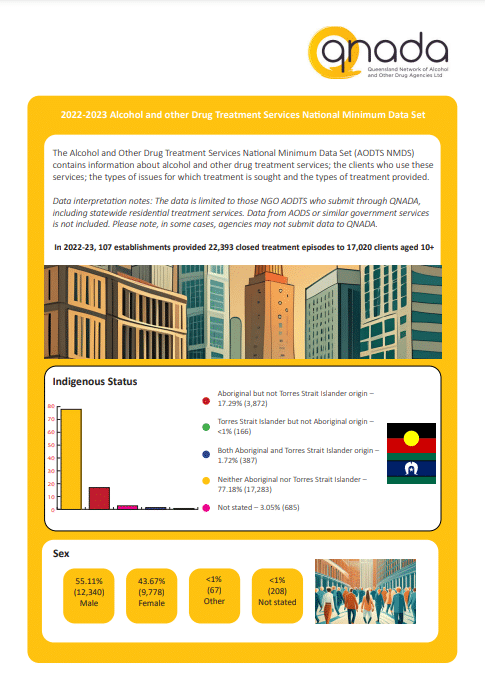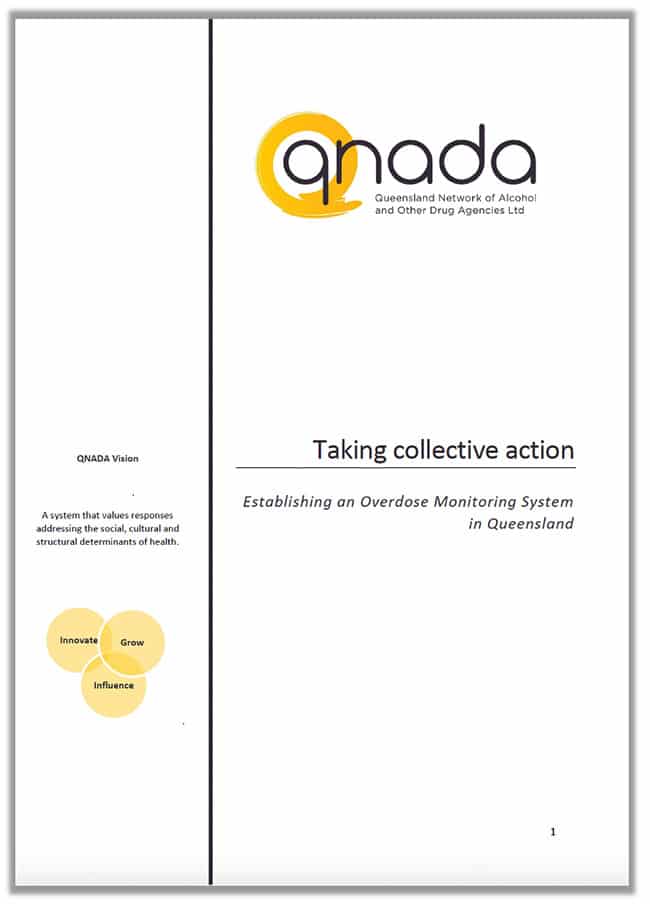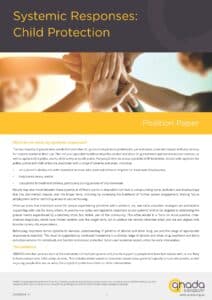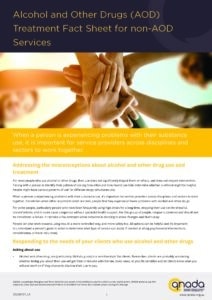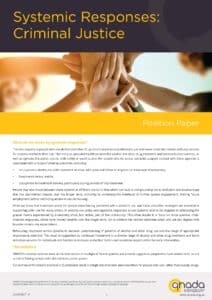2022-23 Alcohol and other Drug Treatment Services National Minimum Data Set
The Alcohol and Other Drug Treatment Services National Minimum Data Set (AODTS NMDS) contains information about alcohol and other drug treatment services; the clients who use these services; the type of issues for which treatment is sought and the types of treatment provided.
In 2022-2023, 107 non-government organisations and alcohol and other drug treatment establishments across Queensland submitted data to the AODTS NMDS through QNADA, including statewide residential treatment services. The submission included 22,393 closed treatment episodes to 17,020 clients aged 10+, a small increase from 21,678 episodes in 2021-2022.
Counselling was the most accessed treatment type (48%) followed by support and case management (17%), and rehabilitation (16%). More than half of episodes were provided to male clients (55%). Alcohol was the most common principal drug of concern for which clients sought treatment (36%), followed by amphetamines (32%) and Cannabinoids (14%).
Data interpretation notes: The data is limited to those NGO AODTS who submit through QNADA, including statewide residential treatment services. Data from AODS or similar government services is not included. Please note, in some cases, agencies may not submit data to QNADA.
Please click here to view or download the full 2022-23 National Minimum Data Set report
